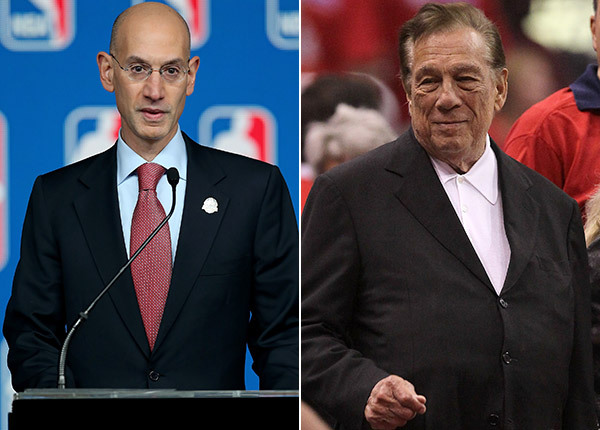VIDEO: 56 seconds to drive home the importance of manager engagement
If you have not yet seen the 'Target manager fires up the employees on Black Friday' clip (it made the rounds pretty widely this week), then take literally one minute and check out the short video (embedded below, Email and RSS subscribers will have to click through).
The manager (Note: I could not verify 100% that he actually is the store manager, but from the content itself and the fact that no one else tried to stop him, I am going to assume he is in store leadership in some capacity), from a Target in Maryland, prepared his fellow employees for the start of the Black Friday 'battle' with a speech that echoed the stirring "This is Sparta" speech from the movie 300.
"Whatever comes through those gates, you will stand your ground with a smile on your face. They come here with bargains in their heads and fire in their eyes and we shall give those bargains to them."
Pretty cool stuff, if a little bit goofy. But the short speech illustrates, I think, a fantastic point about one of the topics that can be overly dwelled upon - employee engagement.
You, me, everyone else has written, seen presentations, and talked about employee engagement for years. And thanks to our friends at Gallup, (no comment on whether or not we should care about Gallup, just making a point), we are reminded, annually, that NOTHING WE EVER DO impacts overall engagement levels all that much.
And yet we continue to debate, discuss, even obsess about engagement.
But in all this copious amounts of words and attention paid to engagement we don't seem to think or talk or consider manager engagement all that much. And not managers as just another employee too whose engagement or lack thereof gets tallied up by Gallup or whomever runs your survey.
But manager engagement as it directly impacts, influences, and even helps change engagement levels of their teams - often, as is the case in this Target store, the front line staff that is the last mile in customer experience and satisfaction, well it seems to me we don't think about that much (or enough anyway).
This little one minute pep talk from the Target manager is a great example of the how one person's high engagement has the potential to have a multiplier effect on the team. He may have swung one or two or maybe even ten of the employees to get charged up to perform at a high level, to take care of the customers, and to even get engaged themselves.
Managers have the ability to influence a disproportionate number of staff every day. We should talk about manager engagement as much as we talk about employee engagement I think.
Have a great weekend!

 Steve
Steve


